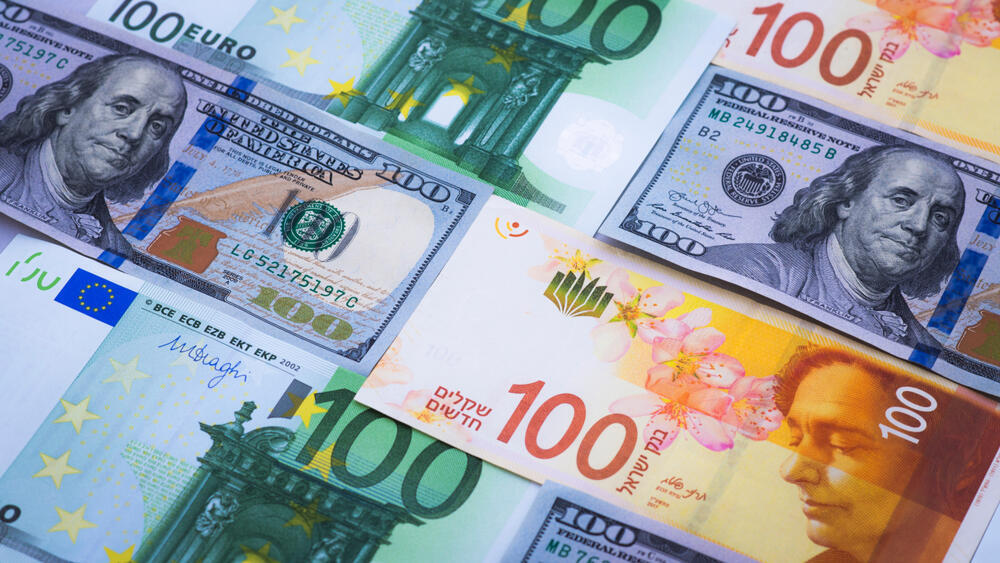Trading in the foreign exchange market on Tuesday unfolded against the backdrop of the Supreme Court hearing on petitions against the cancellation of the use of the reasonableness standard. The dollar once again weakened, with an exchange rate of 3.798 shekels, following a decline from 3.85 shekels to the dollar on Monday, fueled by reports of a potential compromise. The euro was fixed at 4.0694 shekels. However, later on, both currencies trended upward and are currently being traded at around 3.8 shekels and 4.07 shekels, respectively.
Read more:
Tuesday's Supreme Court discussion on the appeal against the Knesset's decision to annul the reasonableness clause is set to exert a notable influence on the foreign exchange market, even though no decision was announced at the end of the hearing late on Tuesday. Following Justice Minister Yariv Levin's declaration in January regarding the judicial overhaul, the dollar has maintained a trading range of around 3.35 shekels. Nevertheless, in light of investor apprehensions and a roughly 9% depreciation in the shekel's value, it has recently experienced a surge.
1 View gallery


Shekel weakened against the dollar when Supreme Court discussions got underway
(Photo: Shutterstock)
"The shekel has strengthened below the thresholds of 3.8 shekels to the dollar and 4.08 shekels to the euro due to an influx of foreign currency. However, discussions in the Supreme Court regarding a potential constitutional crisis are dampening the shekel's potential for further gains," according to Joseph Freiman, CEO of Prico Risk Management Group.
"The recent positive performance of the American stock market has resulted in an overabundance of supply from institutional entities. With an average foreign exchange exposure level of approximately 20%, these institutions signal an increase in potential volatility. In the event of exchange rate fluctuations or compromises related to judicial reform, these institutional entities are expected to react strongly," he said.
J.P. Morgan on Friday published a less favorable review of the shekel in light of the current situation, stating that "the sensitive political climate has led to structural changes in institutional investments, with a greater focus on foreign assets. This trend is expected to continue, suggesting that the gap between the shekel and Wall Street stocks may remain constant."
The review highlights a growing trend of local institutions redirecting their investments overseas, while the shekel is no longer aligned with the upward trajectory of technology stocks on Wall Street. This year, NASDAQ has experienced significant gains, while the shekel has been on a decline.
The review provides a pessimistic forecast for the shekel, citing the currency's susceptibility to daily political volatility. Furthermore, it anticipates that the Bank of Israel has concluded its series of interest rate hikes, considering Israel's relatively low inflation rate compared to the surrounding region. Consequently, these factors contribute to the bank's negative outlook on the shekel.

